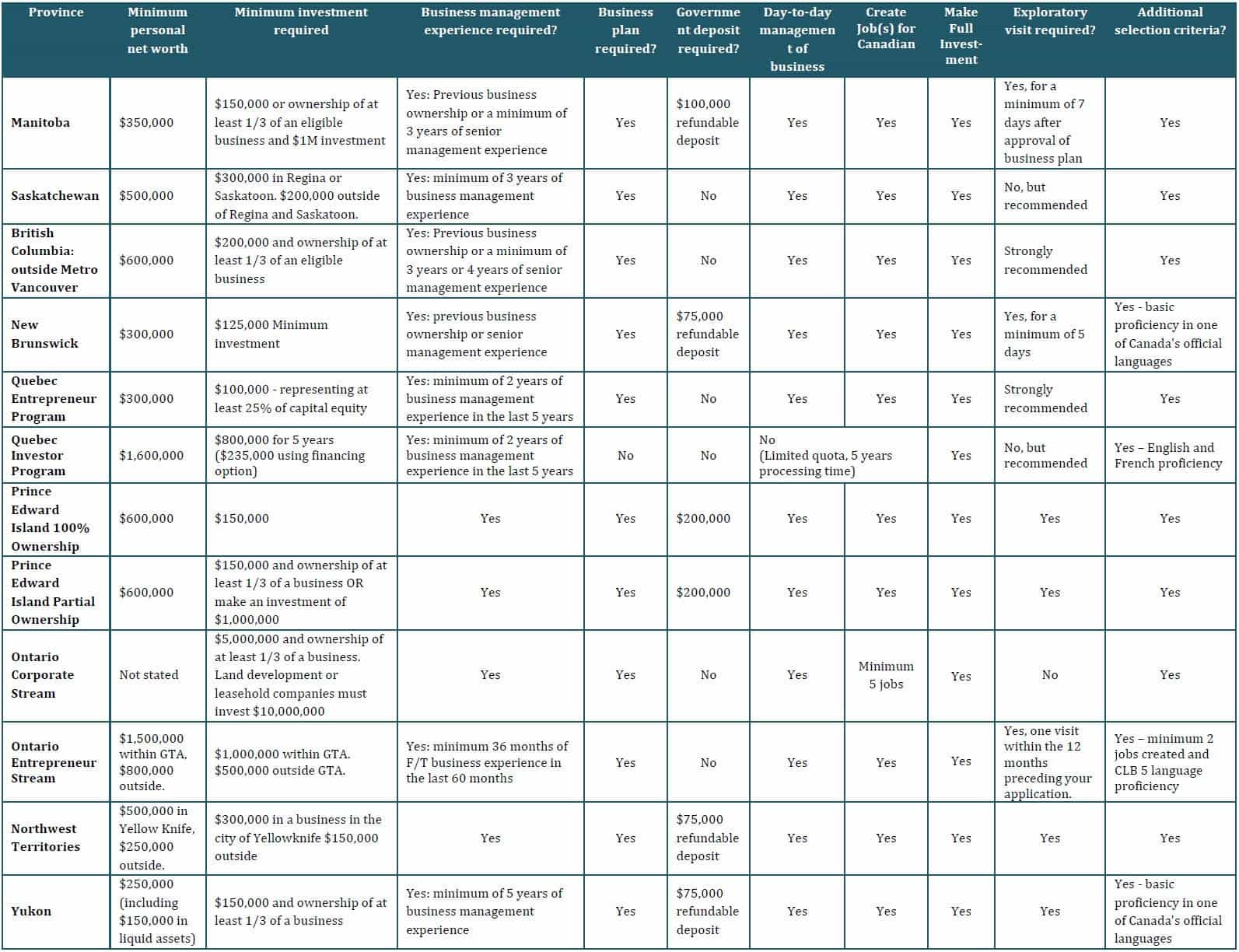Canada’s new Omicron travel rules at a glance
CIC News > Latest News > > Canada’s new Omicron travel rules at a glance Following the emergence of the Omicron variant, Canadian officials increased travel restrictions. Here is how you may be affected.
After the Omicron variant emerged, Canada implemented a slew of new travel restrictions.
Travellers from 10 African countries were hit with increased restrictions last week. The affected nations include: Botswana, Egypt, Eswatini, Lesotho, Malawi, Mozambique, Namibia, Nigeria, South Africa and Zimbabwe. Foreign nationals who have been to any of these countries within the past 14 days are not allowed to enter Canada.
The new measures also affect Canadian citizens and permanent residents travelling from these countries. They have to get a COVID-19 test in a third country in order to return home. A temporary measure is currently in place, which allows Canadians to get tested in South Africa, one of the countries with entry prohibitions.
Discover if You’re Eligible for Canadian Immigration
The order in council for prohibiting specific countries from entering Canada is ongoing until at least January 31, 2022. Only Canadian citizens and permanent residents from these countries may enter, but they still have to follow stringent health measures.
Also, Canada reintroduced on-arrival testing and quarantine for travellers from all countries except the U.S. Fully vaccinated travellers must take a test on arrival, and quarantine at home until they receive the results.
We would like to try to make it easier for you to view the new rules before planning your trip to Canada. Here, the transport minister offers some flow charts that illustrate the new procedures for inbound travellers.
Before you travel…
The Canadian government website offers a web tool to help incoming travellers find out if they are allowed to enter the country. This online tool does not guarantee entry. The border officer will have the final say on whether or not you can travel to Canada.
Regardless of your vaccination status, you still need a 14-day quarantine plan in case the officer determines that you must self isolate.
All travellers age five and up must provide proof of a negative COVID-19 test taken within 72 hours of the scheduled departure, or arrival at a land border crossing. If you have a positive test result, it must be between 14 and 180 days old.
In order to be recognized as fully vaccinated, you need the full recommended dose of one or a combination of the following vaccines:
Pfizer-BioNTech (Comirnaty, tozinameran, BNT162b2)
Moderna (Spikevax, mRNA-1273)
AstraZeneca (Vaxzevria, COVISHIELD, ChAdOx1-S, AZD1222)
Janssen/Johnson & Johnson (Ad26.COV2.S)
Bharat Biotech (Covaxin, BBV152 A, B, C)
Sinopharm BIBP (BBIBP-CorV)
Sinovac (CoronaVac, PiCoVacc)
Travellers must upload their documents through the ArriveCAN app or website.
For Canadians from the 10 affected countries
Vaccinated travellers arriving from the countries will need to get tested on arrival. Those who test positive at the airport will need to isolate at home or a quarantine facility. If they test negative, they may quarantine at home or a designated quarantine facility. They must then provide a day 8 test. If it is negative, they can end their quarantine at day 14. If it is positive, they must isolate for 10 more days.
Unvaccinated travellers arriving from the prohibited countries will have the same requirements.
For vaccinated travellers from other countries, except the U.S.
Travellers from countries other than the U.S. and the 10 prohibited African countries will need to complete an arrival test. They will then have to quarantine at home until they receive their results. If their test comes back negative, they can be released from quarantine. If it comes back positive, they must isolate for 10 days.
For unvaccinated travellers arriving from other countries, except the U.S.
Unvaccinated travellers who are allowed to enter Canada will be subject to the same measures as travellers from the prohibited countries. They must take a test on arrival and quarantine for 14 days. If their on-arrival test comes back negative they will still have to complete the remainder of the quarantine, and submit a test on day 8. Should their day 8 test come back negative, then their quarantine ends on day 14. If it comes back positive, they must isolate for another 10 days.
Discover if You’re Eligible for Canadian Immigration
© CIC News All Rights Reserved. Visit CanadaVisa.com to discover your Canadian immigration options.















